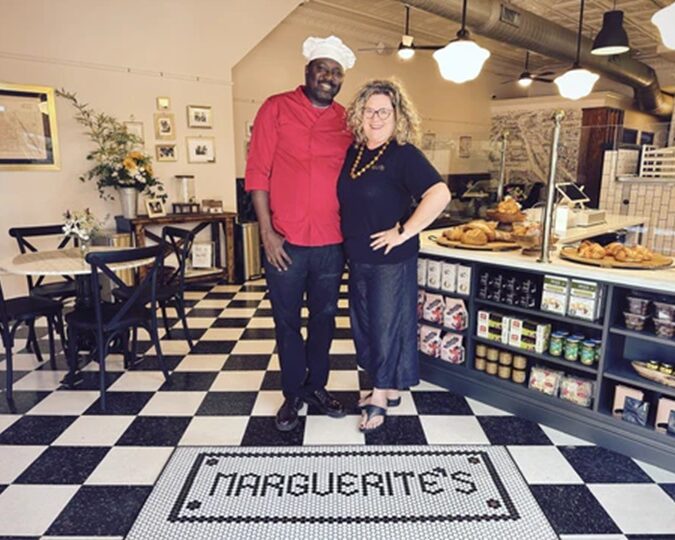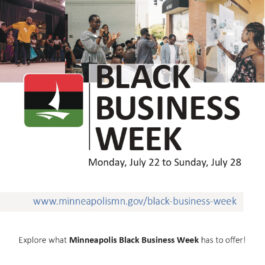Yes, you can fight City Hall, and sometimes even win a little something.
When the Minneapolis Police Conduct Oversight Commission (PCOC)—the citizen body that took over all the Civilian Review Authority functions other than actually hearing cases involving allegations of police misconduct—held its first meeting in October 2013, I noticed something strange.
If I wanted to send a suggestion to the Minneapolis Police Department, all I had to do was go on the front page of the MPD website, and there I would find an email address to send my idea to. But for the newly formed PCOC? Nada. It had no email address posted; in fact, it had no email address at all.
If I wanted to make a suggestion, or make a comment on a case synopsis or a case summary posted online a week ahead of its discussion at the PCOC’s monthly meeting, I had to attend the meeting and speak up during the two-minute-per-person public comment portion of the meeting. Of course, that portion of the meeting came after the PCOC’s discussions of those case synopses and case summaries, but I could still tell them what I thought they should have asked or should have addressed. And the possibility for input didn’t even stop there: If the two minutes were not enough time, I could bring something in writing that would then be distributed to the PCOC commissioners—but in all probability with no time afforded to read what was submitted until well after the meeting had adjourned.
So the Minneapolis Police Department seemingly was more open to suggestions from the public than the citizen body responsible for overseeing the new joint civilian-police officer oversight process, for making suggested changes in police policies and procedures, for facilitating cultural awareness training for officers, and for auditing cases that were being heard by the review panels.
Who woulda’ thunk it!
The biggest obstacle to gaining email access to the commission was the Office of Police Conduct Review (OPCR), the unit in the Civil Rights Department that was now responsible for investigating the citizen complaints. (Of course, it was Civil Rights Department Chair Velma Korbel who was most responsible for transforming the CRA into the OPCR.) Michael Browne, an assistant director of Civil Rights and one of the two joint supervisors in the OPCR, told commissioners three times at one meeting that email access simply wasn’t going to happen.
So much for the Police Conduct Oversight Commission being an independent body.
I managed to find email addresses online for three of the seven members, but even after one of them forwarded his copy to the PCOC chair, she refused to forward them any further. Her concern was that members might then discuss the email’s contents and violate the Minnesota Open Meeting Law in the process. She apparently had no similar concern for the documents posted online a week in advance of each meeting, documents that, unlike anything in a citizen’s email, would definitely be discussed at the upcoming meeting.
In January 2014, David Rubedor, the city’s Neighborhood and Community Relations (NCR) director, told me to email him. He was interested. He said the city possibly was looking to implement a uniform policy regarding email access to its boards and commissions. After several months of having my emails to him go unanswered, I went down to the NCR office and learned from an underling of his that what I should do was to contact Michael Browne of the OPCR.
Duh! He was the obstacle!
Not until the PCOC held a “Listening Session” at the Urban League in North Minneapolis in June 2014 could anyone email the commission. I pointed out publicly this astonishing lack of email access, and a reporter from KFAI followed up with a question revealing her amazement, too, at such an archaic practice.
Soon thereafter, an email address was established, but only for the PCOC as a whole. And the OPCR, which controlled the emails coming to that address, said it would not forward them to the commissioners. The only way they could see them would be to come into the office or review them just before their monthly meetings.
Preposterous.
It was pointed out to the commissioners that 15 of the 16 Charter Commission members had posted their personal email addresses online. And every member of the Neighborhood and Community Engagement Commission had posted a personal email address on its website.
Finally, Michael Browne and the OPCR relented. The OPCR would “permit” a commissioner to post an individual email address so long as the commissioner signed a waiver absolving the OPCR for any liability for violations of the Minnesota Data Practices Act, the Minnesota Open Meeting Law, or any other laws. It sounded a bit like Ford’s pardon of Nixon.
The email address was at each commissioner’s option. Until late in 2014, two commissioners—not including its chair—had provided the public with email addresses. Ultimately, the chair, too, declared her independence from the control of the OPCR, and by early February 2015, all seven commissioners—four of them new commissioners—had finally posted an address through which a member of the public could contact them individually with a suggestion, an idea, a question that ought to be asked about an upcoming commission discussion, or whatever.
After well over a year, a commission that should have welcomed communications from the public from Day 1 had finally expedited such communication.
It seemed to take forever. A few of us raised the issue in meeting after meeting, in email after email. And we won!
Who says you can’t fight City Hall … and even win a piddling crumb every now and then?

























